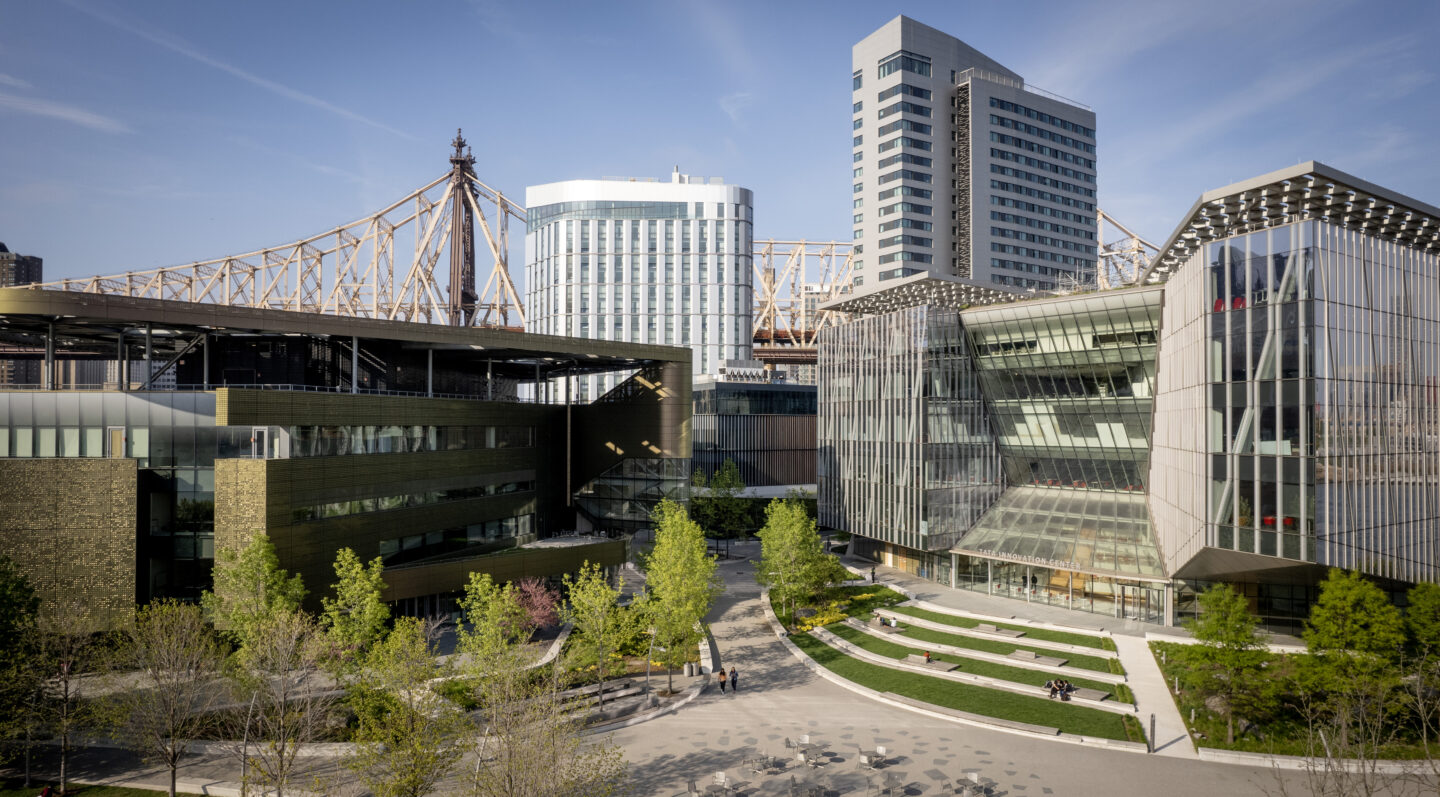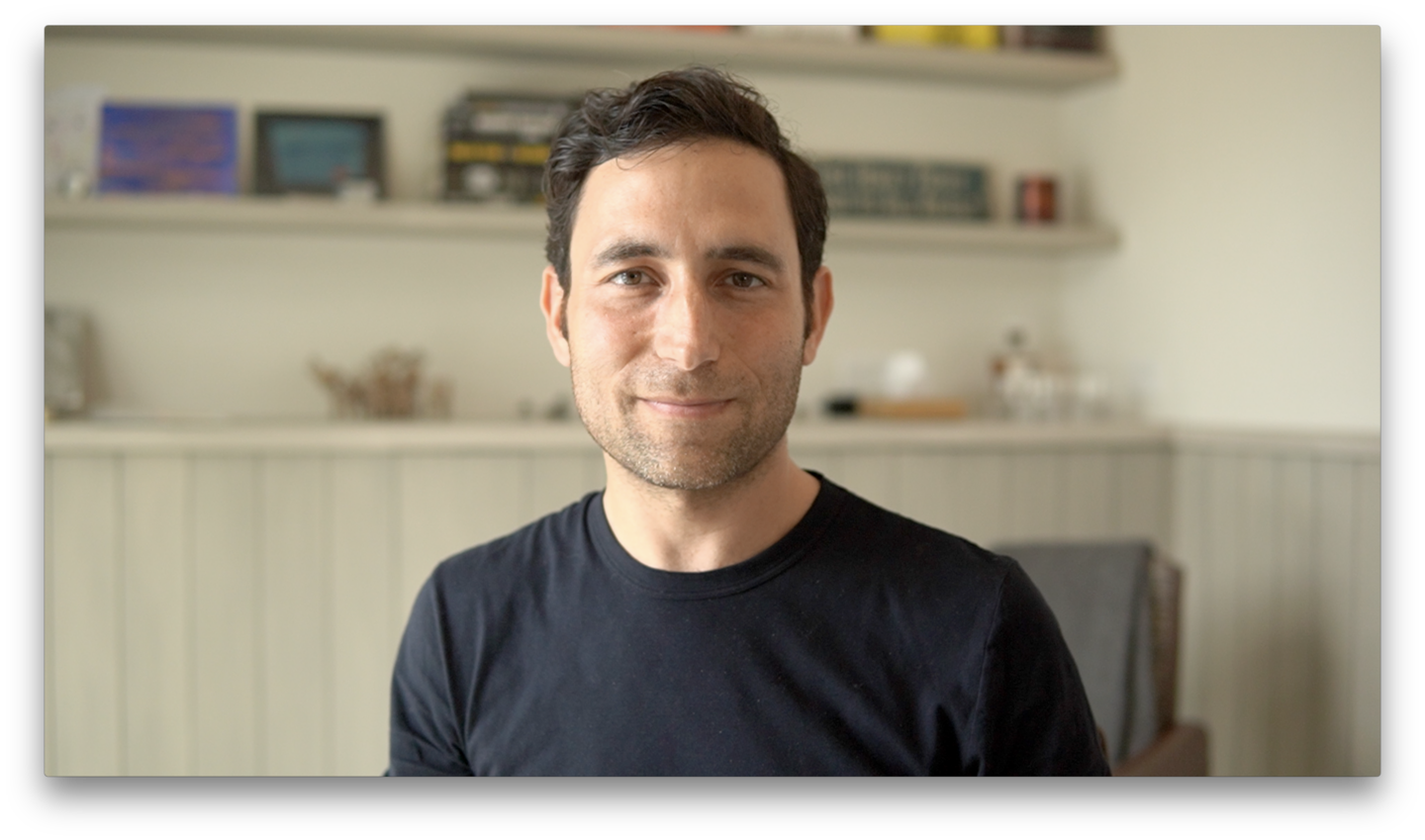
The Uber driver assigned to you. The kitchen knives Amazon suggests you buy. The photos and videos Instagram serves you. Tech companies’ invisible decision-making processes govern nearly every aspect of our online lives.
But how does Uber choose its second-by-second matches between passengers and drivers and price their rides? How does Amazon determine the type and variety of products offered to their customers, how many are needed at a given time and where they are sent and stored? How do Meta and Google decide what kinds of ads are displayed to users who log on to their platforms?
All of these online platforms rely on various forms of algorithmic models to make decisions for pricing, inventory, distribution and beyond. In order to stay up to speed with the growth of our online economy, engineers are focusing their efforts toward designing these algorithms in a way that meets increased demand.
This is precisely the aim of Cornell Tech’s new Data Science and Decision Analytics Engineering program, one of the institute’s four Masters of Engineering programs. Directed by Cornell Tech Howard and Eleanor Morgan Professor Huseyin Topaloglu, it will enroll its first cohort in the fall of 2025 and provide students with the opportunity to develop both a theoretical and practical understanding of the data-to-models-to-decisions pipeline in entrepreneurial environments.
“Classic machine learning approaches can predict what the demand for a product is going to be as a function of its price, but they cannot make pricing decisions for thousands of products, some of which may be serving as substitutes and complements of each other,” said Huseyin Topaloglu. “Prediction is only a part of the puzzle. On top of predictions, we need to be able to build optimization models that decide what prices to charge, where to put the inventory and how much to purchase. Cornell Tech’s Data Science and Decision Analytics program teaches students to turn predictions into actionable decisions.”
The curriculum divides the process of algorithmic decision making into three crucial components for a holistic understanding of the practice: foundations, computation, and implementation. The first semester provides students the background needed to understand the technical details of optimization, statistics, probability, and machine learning.
As students move forward, they explore computation to program these foundations on scales ranging from the individual computers to the large cloud scale. The learning experience culminates with implementation, with students applying their technical and computational skills in a practical way through engineering data science in everything from pricing to logistics to revenue management.
True to Cornell Tech’s entrepreneurial spirit, students in the program participate in Cornell Tech’s Studio program, working in interdisciplinary teams with students from business, law, and other technical programs to solve real world problems and foster the development of tangible products that solve real world problems.
The number of real world problems that require algorithmic decision making based solutions is on the rise, particularly in environments like New York City where everything from, e-retail deliveries and warehouses and urban development to transportation systems stand to benefit from increased efficiency in decision making processes. The curriculum positions students to launch careers in Data Science and Decision Analytics, beginning with industry exposure during their time at Cornell Tech and creating a pipeline to long term positions following their graduation.
“Four of the areas where algorithmic decision making is most prevalent are in Big Tech (the Googles, Amazons, and Metas of the world); entrepreneurial startups looking to increase efficiency and output; consulting companies in need of technical talent, and government agencies and nonprofits responsible for making decisions for their communities,” Topalugu says. “New York City is probably the only place in the country where all four of these things reside at a large scale, and this program provides a pipeline to the natural place to be for pursuing a career in this field.”




